by Jarrett Hoffman
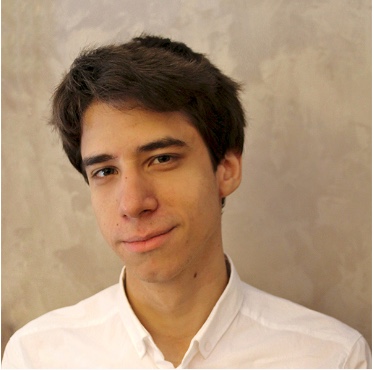
Two works by Chopin followed. The tempestuous opening of the Etude in b, Op. 25, No. 10 (“Octave”) was engagingly phrased, and the conclusion was emphatic. The Op. 23 Ballade No. 1 in g was a bit consistently intense in tone, but Starikov’s technique shone in several delightful scampers around the keyboard.
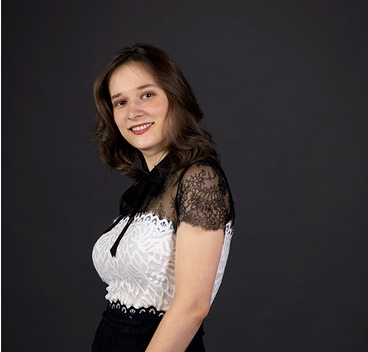
An intriguing combination of dreaminess and unease filled the Nocturne in E-flat, Op. 55, No. 2, and though the Etude in a, Op. 25, No. 11 (“Winter Wind”) was treated somewhat heavily, the early move from stoicism to madness was deeply vivid.
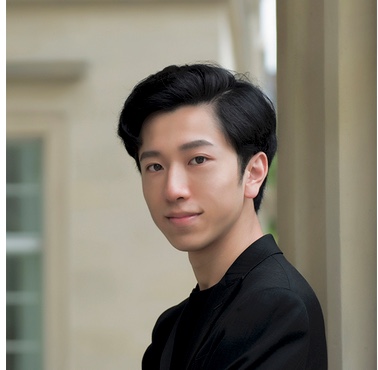
Next came a tour-de-force performance of Ravel’s La valse — atmospheric, thrilling, and marked by a judicious use of power — followed by the second performance this session of Chopin’s “Octave” Etude.
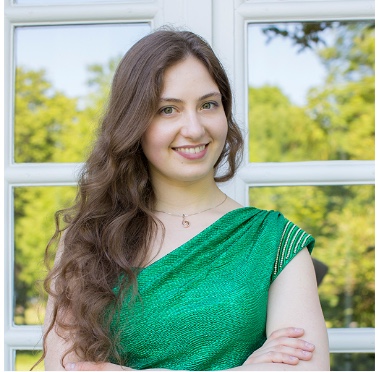
The third appearance of Chopin’s “Octave” was brilliant, as Parkhomenko calibrated her volume to let the stormy emotions shine out. And despite a few missed notes, Liszt’s Grandes études de Paganini, S. 141, No. 6 felt effortless in her hands, and humorous.
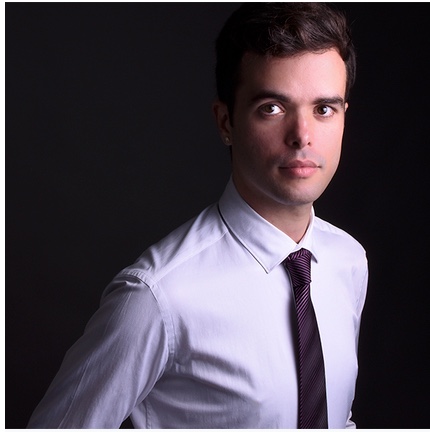
He continued with two minor-key Scarlatti sonatas — K. 30 and K. 56 in g and c — the latter one standing out for Skorka’s sharp contrasts of dynamics and touch. And with brilliant technique, lightly traversing the keyboard, he concluded the session with his choice of Chopin Etudes: Op. 10, No. 8 in F.
Published on ClevelandClassical.com July 11, 2021.
Click here for a printable copy of this article



